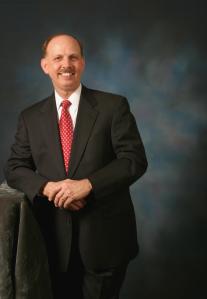Nurses Fight for Lawmakers to Relax Laws Requiring Doctors to Oversee Their Work

There’s a controversial tug-of-war in the health care industry. According to The Washington Post, in 11 states nursing groups are pushing legislation that would permit nurses with master’s degrees or higher to order and interpret diagnostic tests, prescribe medications and administer treatments without the supervision of a physician. Similar legislation is likely to be introduced in three other states. Currently, each state decides how much supervision nurses must receive from physicians.
This legislation faces strong opposition from physicians, led by the American Medical Association (AMA). […]






